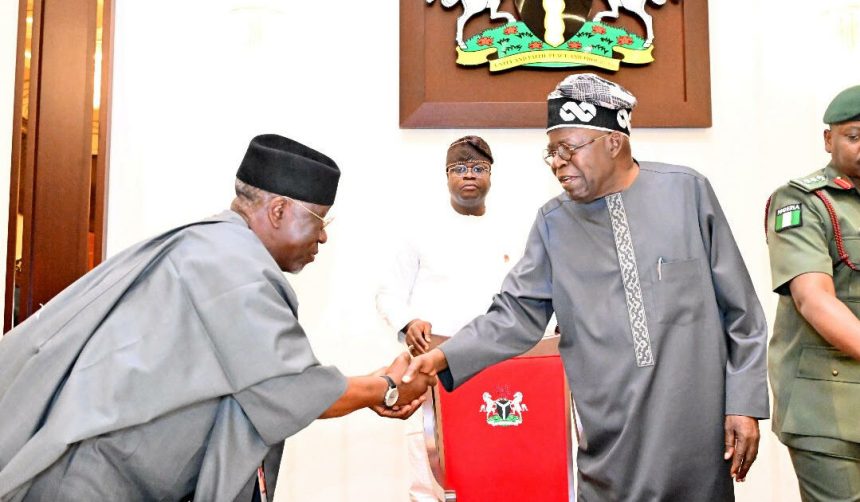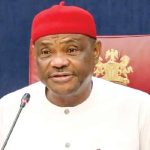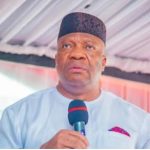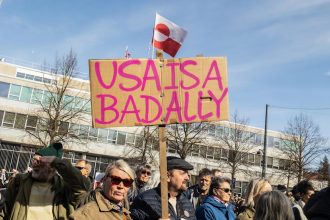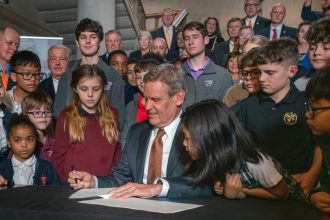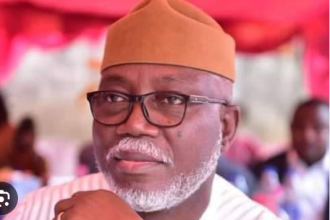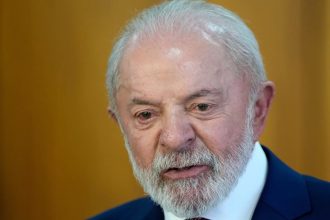President Bola Tinubu on Tuesday announced that Nigeria hit its 2025 revenue target in August, driven largely by proceeds from the non-oil sector.
According to a statement by the Special Adviser to the President on Information & Strategy, Bayo Onanuga, Tinubu disclosed this at the Presidential Villa while receiving founding members of the defunct Congress for Progressive Change and The Buhari Organisation led by former Nasarawa State governor, Umaru Tanko Al-Makura.
Tinubu said the feat underscored the impact of his administration’s economic reforms.
“The economy is now stabilised. Nobody is trading pieces of paper for foreign exchange anymore. The economy is now predictable. You do not need to know the CBN Governor, Yemi Cardoso, to obtain foreign exchange or import goods,” the President said.
Tinubu assured Nigerians that his Renewed Hope Agenda remained anchored on infrastructure renewal, improved health facilities, food sovereignty, and security.
He disclosed that the federal government would establish agricultural mechanisation centres across all regions to boost cultivation, expand harvests, and create jobs.
“What we need now is building the ship and the vessels for the export of our goods and creating more jobs for our people,” he added.
The President also pledged to sustain and immortalise the legacies of former President Muhammadu Buhari, saying a Buhari House would be established while more former CPC members would be brought into government.
Al-Makura, who spoke on behalf of the delegation, assured Tinubu of the group’s loyalty and support ahead of the 2027 elections.
He commended the President for giving Buhari a befitting state burial, noting that his presence throughout the rites was both “comforting and reassuring.”
Speaker of the House of Representatives, Tajudeen Abbas, also lauded Tinubu for his statesmanship and accommodation of diverse political stakeholders.
Nigeria has historically depended on crude oil for up to 70 per cent of government earnings and over 90 per cent of foreign exchange inflows. Repeated administrations promised to diversify the economy, but oil remained the dominant revenue source.
The federal government approved a record N54.99 trillion budget, of which only N41 trillion was expected to come in as revenue, leaving a N13 trillion deficit to be filled largely through loans.


